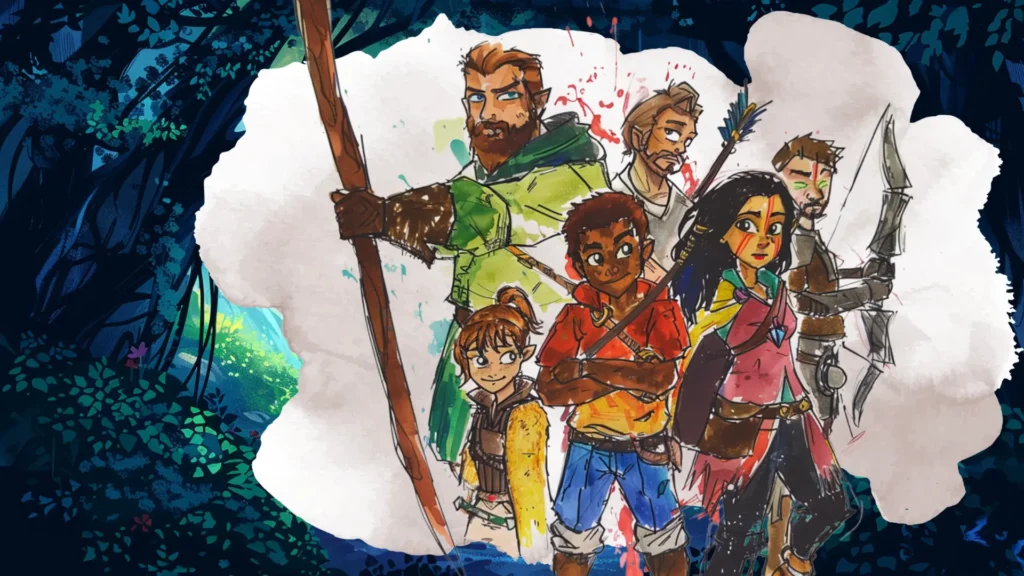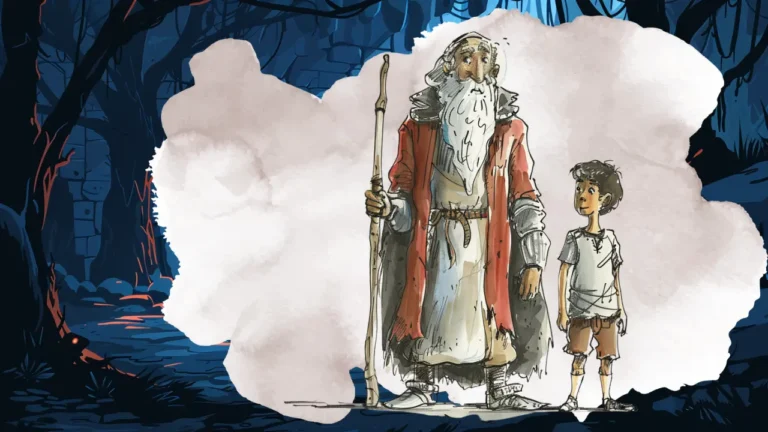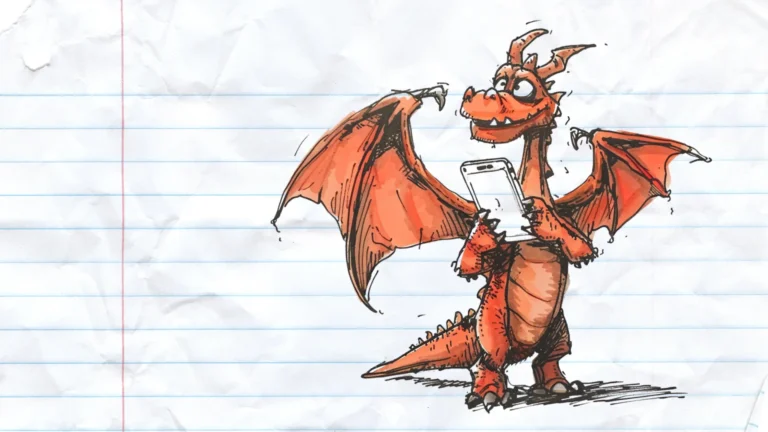The Empathy Connection
Empathy, the ability to understand and share the feelings of others, is a fantastic skill for building strong, compassionate relationships. It’s also a skill that’s seldom considered one that can be trained. Interestingly, one of the most effective ways to develop empathy is through roleplaying games (RPGs). These games immerse players in different characters and scenarios, promoting an understanding of diverse perspectives.
Understanding Empathy
Empathy involves both cognitive and affective components. Cognitive empathy refers to understanding another person’s perspective, while affective empathy involves sharing their emotional experiences. Developing empathy is essential for social interactions, cooperation, and conflict resolution.
Roleplaying Games: A Platform for Empathy
Roleplaying games provide a unique environment where players can step into the shoes of different characters, experiencing their thoughts, emotions, and challenges. This immersive experience can significantly enhance empathy.
Scientific Evidence
- Perspective-Taking and Theory of Mind
- A study published in Child Development found that children who engaged in pretend play showed higher levels of perspective-taking and theory of mind, which are critical components of empathy (Taylor & Carlson, 1997). Roleplaying games, by their nature, require players to adopt different viewpoints, enhancing their ability to understand others’ perspectives.
- Emotional Engagement and Empathy
- Research from Frontiers in Psychology indicates that roleplaying games can increase emotional engagement and empathy. The study observed that participants who regularly engaged in RPGs demonstrated higher levels of emotional empathy compared to those who did not (Shirley & Cornwell, 2019). This is because roleplaying often involves emotionally charged scenarios that require players to empathize with their characters and others in the game.
- Social Interaction and Cooperation
- According to a study in the Journal of Applied Developmental Psychology, roleplaying games promote social interaction and cooperation, which are essential for developing empathy (Goldstein & Winner, 2012). By working together to achieve common goals, players learn to understand and appreciate the perspectives and feelings of their teammates.
The Mechanisms of Empathy Development in Roleplaying Games
Narrative Immersion
Roleplaying games often involve complex narratives that require players to engage deeply with their characters’ stories. This narrative immersion helps players connect emotionally with their characters and others, fostering a sense of empathy.
Character Identification
Identifying with a character in a roleplaying game allows players to experience life from a different perspective. This identification can lead to greater understanding and empathy for people who are different from themselves in real life.
Emotional Scenarios
Roleplaying games frequently present players with moral dilemmas and emotional challenges. Navigating these scenarios helps players practice empathy by considering the feelings and motivations of their characters and others.
Real-World Applications
The empathy developed through roleplaying games has significant real-world applications. Individuals who regularly engage in RPGs often display enhanced social skills, better conflict resolution abilities, and a greater capacity for compassion in their everyday interactions.
The Empathy-Boosting Power of Roleplaying Games
Scientific studies support the idea that engaging in roleplaying can enhance perspective-taking, emotional engagement, and social cooperation. By stepping into different characters’ shoes, players learn to understand and share the feelings of others, building a foundation for stronger, more compassionate relationships.
References
- Goldstein, T. R., & Winner, E. (2012). Enhancing Empathy and Theory of Mind. Journal of Applied Developmental Psychology, 33(1), 33-41.
- Shirley, J., & Cornwell, T. (2019). Role-Playing Games and Emotional Engagement. Frontiers in Psychology, 10, 107.
- Taylor, M., & Carlson, S. M. (1997). The Relation Between Individual Differences in Fantasy and Theory of Mind. Child Development, 68(3), 436-455.




